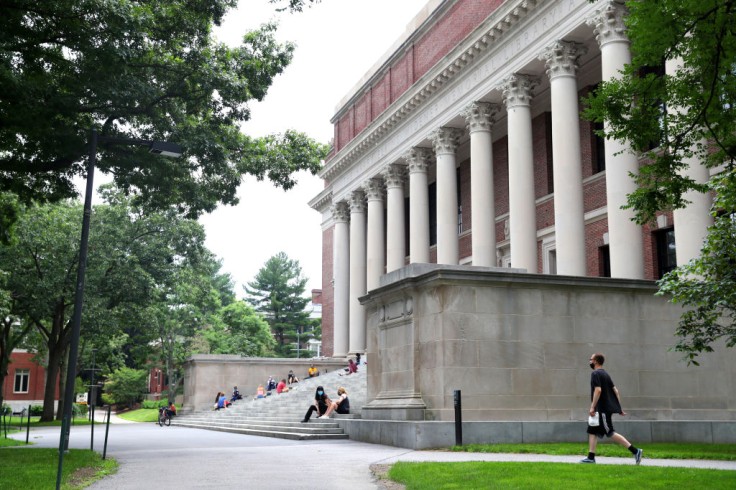
WASHINGTON — Nine Republican lawmakers on the House Committee on Education and the Workforce announced Tuesday an investigation into Harvard University's faculty hiring practices, alleging potential violations of federal employment discrimination laws due to considerations of race and gender.
The probe, led by the committee's Republican members, claims that Harvard's hiring processes may contravene Title VII of the Civil Rights Act, which prohibits employment discrimination based on race, color, religion, sex, or national origin. The lawmakers sent a letter to Harvard President Alan M. Garber '76, demanding documents related to faculty recruitment, hiring criteria, and diversity initiatives since 2018.
The investigation follows a separate inquiry by the Equal Employment Opportunity Commission (EEOC), launched in late April, which also examines Harvard's hiring practices for potential Title VII violations. Documents leaked to the Washington Free Beacon suggest the EEOC is investigating claims that Harvard engaged in discriminatory practices by prioritizing race and gender in faculty appointments.
"No matter how entitled your behavior, no institution is entitled to violate the law," wrote Rep. James Comer (R-Ky.) and Rep. Elise Stefanik (R-N.Y.) in a related letter addressing Harvard's response to other federal demands. While that statement pertained to a separate investigation into campus antisemitism, it underscores the committee's broader scrutiny of Harvard's policies.
Harvard spokesperson Jason A. Newton responded, stating the university is reviewing the committee's inquiry, which "appears to be a direct response to the University's commitment to uphold its independence and constitutional rights." Newton emphasized Harvard's intent to cooperate while defending its autonomy.
The House Committee's investigation marks the latest in a series of federal probes targeting Harvard. In April, the House Oversight Committee launched an inquiry into alleged civil rights violations related to campus antisemitism, requesting communications tied to demands from the Trump administration. Additionally, the Department of Health and Human Services expanded its investigation into Harvard Medical School's response to pro-Palestine student activism, citing Title VI of the Civil Rights Act.
The committee's focus on hiring practices comes amid broader tensions between Harvard and federal authorities. In March, Harvard imposed a university-wide hiring freeze, citing uncertainties under the Trump administration's policies. The freeze disrupted faculty searches, leaving departments scrambling to address vacancies.
Critics of the investigation argue it reflects a politicized effort to challenge diversity, equity, and inclusion (DEI) initiatives in higher education. A Harvard alumni brief, signed by over 12,000 graduates, described recent federal actions as an "existential threat" to the university's research mission and academic freedom.
The House Committee has not specified a timeline for its investigation but requested Harvard provide documents by July 1, 2025. The outcome could impact federal funding, with over $686 million in annual research grants at stake for Harvard.
As the investigation unfolds, Harvard faces mounting pressure to balance compliance with federal demands and its commitment to institutional autonomy. The university's response will likely shape the broader debate over diversity policies in academia.
© 2026 University Herald, All rights reserved. Do not reproduce without permission.








